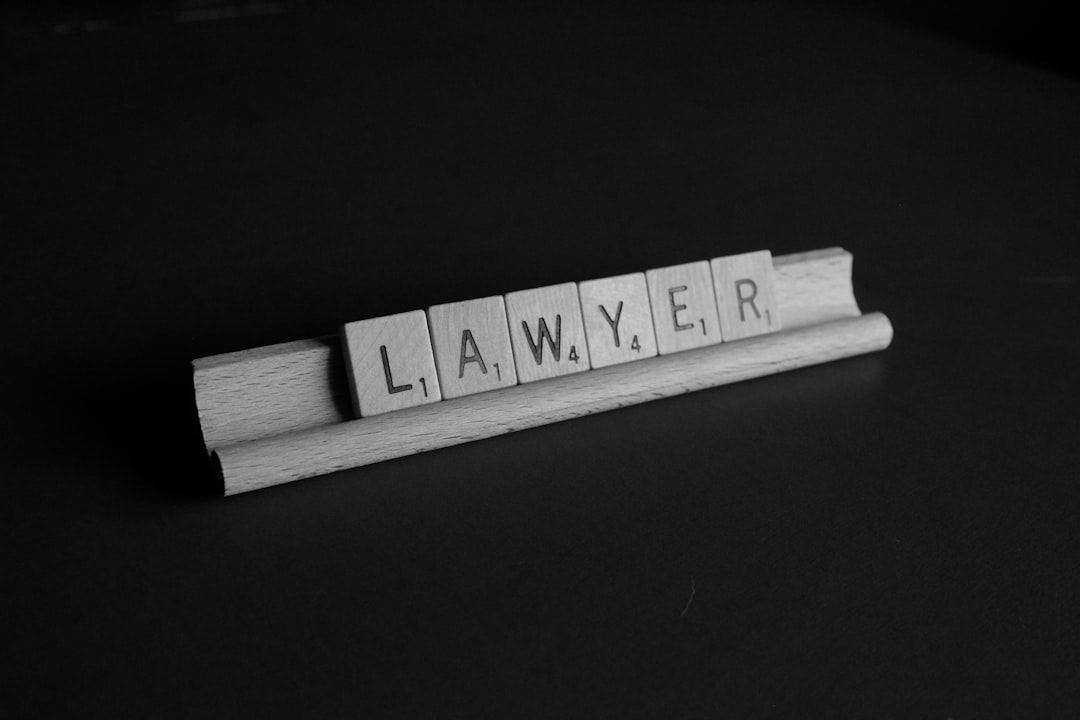Witness statements hold significant power in resolving telemarketing disputes under North Carolina's stringent do-not-call laws, serving as objective evidence of consumer-telemarketer interactions. They are crucial for determining compliance with legal guidelines and ensuring fairness, carrying substantial weight in the courts. Effective witness testimonies, gathered with integrity using clear guidelines, can strengthen claims against do not call law firms in North Carolina. Their strategic use is key to winning telemarketing cases where the line between legitimate practices and deception can be unclear.
In North Carolina, witness statements play a pivotal role in resolving telemarketing disputes. Understanding their importance is crucial for both plaintiffs and defendants. This article delves into the key aspects of witness statements, exploring their legal significance, gathering techniques, and best practices to ensure integrity. By examining these factors, individuals can navigate NC’s unique legal landscape effectively, securing justice with credible evidence.
Understanding Witness Statements: Their Role in NC Telemarketing Disputes
Witness statements play a pivotal role in navigating North Carolina telemarketing disputes, acting as a crucial piece of evidence that can make or break a case. These statements provide an independent account of interactions between consumers and telemarketers, offering an objective perspective on the veracity of claims. In the absence of direct communication with the caller, witness statements fill the gap, providing insights into the context, tone, and content of the calls, thereby aiding in resolving discrepancies and establishing the truth.
In North Carolina, where do not call laws are stringent, witness accounts become even more essential. They help determine whether a telemarketer has complied with legal guidelines, including obtaining proper consent, respecting opt-out requests, and adhering to calling hours. By corroborating or contrasting with other evidence, these statements can significantly influence the outcome of a case, ensuring fairness and accountability in telemarketing practices.
The Legal Significance of Veridict and Credibility in North Carolina Courts
In North Carolina courts, the veracity and credibility of witness statements hold immense legal significance, especially in telemarketing cases. The state’s judicial system places a high value on firsthand accounts, as they provide crucial insights into the events at hand. When testifying, witnesses are expected to offer accurate and unbiased recitations of their experiences, ensuring that the court receives untainted information. This is particularly vital in telemarketing disputes, where the line between legitimate sales practices and deceptive calls can be fine.
Credibility assessments play a pivotal role in determining the outcome of these cases. Judges and juries scrutinize witness testimonies to gauge reliability, often relying on consistency, coherence, and the witness’s connection to the events. In North Carolina, the legal framework encourages the presentation of concrete evidence and direct observations, making witness statements instrumental in shaping the narrative and guiding the judicial process towards a just decision.
Gathering and Presenting Effective Witness Testimonies
Gathering and presenting effective witness testimonies is a pivotal aspect of successful North Carolina telemarketing cases. These statements provide firsthand accounts, enhancing the credibility of your case. When collecting testimonials, ensure clarity and conciseness; witnesses should describe interactions with the defendant, detailing relevant conversations or actions. It’s crucial to verify the accuracy of each testimony, cross-referencing them for consistency.
Presenting these testimonies in court requires strategic organization. Arrange statements chronologically to paint a coherent picture. Visual aids, such as transcripts or video recordings, can further reinforce witness accounts. Remember, the goal is to make these testimonies compelling and easy to follow, helping the judge or jury understand the impact of the defendant’s actions on the plaintiffs.
Best Practices for Maintaining Integrity in Witness Statement Collection
Maintaining integrity in witness statement collection is paramount for ensuring the accuracy and validity of evidence in North Carolina telemarketing cases. To uphold this, legal professionals should establish clear guidelines for collecting statements. This includes providing a safe and comfortable environment for witnesses to share their experiences without fear of retaliation or influence from outside parties. It’s crucial to offer unbiased listening, allowing individuals to narrate their interactions with telemarketers freely.
Best practices also recommend documenting the entire process, recording consent, and ensuring witnesses understand their rights and responsibilities. Using open-ended questions encourages detailed accounts while avoiding leading queries that might bias responses. Additionally, verifying information through cross-referencing multiple sources strengthens the reliability of collected statements, ultimately contributing to robust legal strategies in telemarketing disputes outside the realm of law firm calls in North Carolina.






